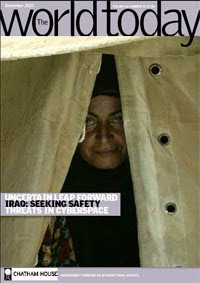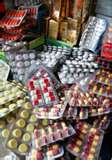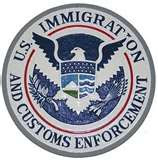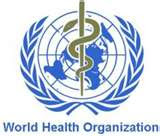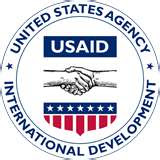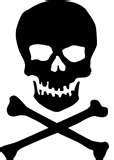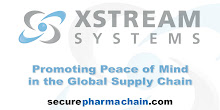 The black market in counterfeit drugs is worth billions, but it does untold damage to the health of the poorest populations.
The black market in counterfeit drugs is worth billions, but it does untold damage to the health of the poorest populations.Nayanah Siva writes an exceptional article in the November 20th issue of The Lancet on international efforts to tackle the problem of counterfeit drugs.
The importance of this article is the excellent timely information and its historical perspective.
Highlights of The Lancet editorial article include:
• WHO are of the opinion that “studies can only give snapshots of the immediate situation. Counterfeiters are extremely flexible in the methods they use to mimic products and prevent their detection. They can change these methods from day to day, so when the results of a study are released, they may already be outdated.
• “In many cases where successful actions against counterfeit, illegal and substandard drugs were undertaken by authorities, little public information is forthcoming about the case…As a consequence it is difficult for the stakeholders to understand the nature and extent of the problem, let alone to develop strategies to combat illegal medicines.”
• Steve Allen, Senior Director of Pfizer Global Security told The Lancet “I saw [counterfeiting] first hand in Tanzania last year, where we had anti-malarial products being counterfeited, to the degree that they were using identical batch numbers, identical expiry dates, the packaging, to all intents and purposes, seemed to be absolutely genuine, the blisters looked genuine, the tablets looked as if they were genuine, you would not be able to tell the difference, I can promise you, I've seen them myself.” It was only after these tablets were tested in a laboratory in the UK that it was discovered they had no active ingredients at all. “I can't think of many more worst-case scenarios, you have a counterfeiter somewhere in the world manufacturing a medicine for someone [pregnant women], she believes she might die anyway from malaria but it also impacts the unborn child, it is one of the most despicable of crimes.”
• The problem, Allen explains, is that counterfeiting is a “relatively low-risk, high-reward business to be in…and that is why organized crime gangs are using this far more frequently. In 2006 our colleagues in the narcotics units in Istanbul raided a manufacturing plant for narcotics but actually discovered a large quantity of our erectile dysfunction products and at the same time recovered 378,000 ecstasy tablets alongside the ingredients to manufacture 150 kg of heroin.”
• Newton is deeply concerned about the substantial detrimental effects counterfeit medicines have on African populations. “The main consequences…are increased mortality and morbidity, endangering drug resistance and loss of medicine efficacy, loss of confidence in health systems and health workers, economic loss for patients, their families, health systems, and the producers and traders in good-quality medicines, adverse effects from incorrect active ingredients, a waste of enormous human efforts and financial outlay in the development and manufacture of medicines…”
• Allen emphasizes the importance of international collaboration among regulators, the pharmaceutical industry and political representatives, and thinks this strategy will have the best chances of tackling counterfeiting. “This is not just an issue for one company, it is not an issue for one country, it is an issue for all of us.”
• Counterfeit drug crime is a complex issue requiring international and regional initiatives among industry, government, charities, and law enforcement…More political will and collaboration between medicine regulatory authorities, police and customs is essential.
All members of the legitimate pharmaceutical supply chain (governments, manufacturers, distributors and dispensers) must take it upon themselves to proactively protect and interdict their inventories from adulterated, fraudulent, sub-standard and counterfeit medications. This is a critical step by all of the supply chain stakeholders as a way to protect their industry, individual businesses and most importantly the consumer.
Everyone must be made aware that the impact of counterfeit drugs knows no borders. What happens in underdeveloped nations will ultimately impact and effect populations in developed nations around the globe.
To read the entire The Lancet editorial article which appeared in Volume 376, visit: http://www.thelancet.com/journals/lancet/article/PIIS0140-6736%2810%2962118-6/fulltext
To learn more about anti-counterfeiting technologies designed to authenticate pharmaceuticals, visit: http://www.xstreamsystems.net/.

